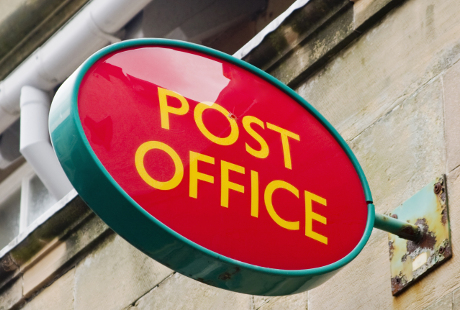The UK’s Post Office is looking for suppliers to provide data centre hosting, application and infrastructure services under its new ‘tower’ IT services procurement framework.
In two tender documents issued today, the organisation explained its IT sourcing strategy for the near future.
"Over the next three years, Post Office Ltd will be undertaking a significant level of change to deliver its 2012-15 strategic priorities," it said. "[It] has undertaken a review of the existing supply chain and has chosen a strategic IT supply chain and optimal target operating model that adopt industry standards and good practice.
"The model chosen allows the provision of service towers being managed by a service integrator," it said. This refers to the practice of issuing separate contracts for various IT services, such as application development and desktop provision, and appointing one supplier to integrate and co-ordinate those services.
The Post Office is in the process of appointing that service integrator, but today tendered two of the ‘tower’ contracts. One, worth up to £600 million over two years, is for ‘application and infrastructure services’. The other, for managed data centre services, is worth up to £60 million over the same period.
The tower IT services procurement model is increasingly common in government departments and large organisations. Last year, the Ministry of Justice revealed its plan to move from "the current end-to-end contracts by line of business to an MoJ-wide service tower model", and energy infrastructure operator National Grid began its move to the tower model.
In March of this year, the Post Office announced a £1.34 billion investment plan to ‘modernise’ its network of 11,800 branches. Technology plays a significant role in that transformation: the Post Office plans to install contactless payment infrastructure in all the branches, making it the "biggest user of contactless payments acceptance technology in Europe".
It is also vying to become one of the third-party "identity service providers" that supports the government federated Identity Assurance scheme. This will allow citizens to reuse identity credentials issued by private companies, and the Post Office, to access government services.
The government announced plans to convert the Post Office into a mutual organisation, funded by customers and other members in 2010.
"We believe that the Post Office can become a genuine front office for government," wrote Vince Cable, secretary of state for Business, Innovation and Skills in a report entitled ‘Securing the Post Office Network in the Digital Age’. "We believe in a Post Office with a public mission, and the Post Office will not be for sale."
"But we do not think that the current ownership arrangements, where government acts as ultimate 100% shareholder, always serve the best interests of the Post Office. So we have put forward proposals in the Postal Services Bill that would, in time, allow the Post Office to be converted to a mutual."
The government reiterated its commitment to this strategy last month, following a public consultation.







